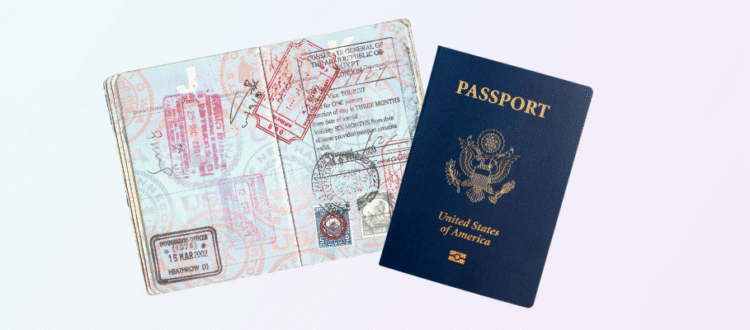Injunctive Relief in Orr v. Trump Expanded to All Eligible Transgender Passport Holders and Applicants
“[R]equiring transgender and non-binary people to use passports bearing sex markers corresponding to their sex assigned at birth increases their risk of experiencing anxiety, psychological distress, suicidality, discrimination, harassment, and violence.”
On June 17, 2025, the U.S. District Court for the District of Massachusetts granted class certification in the pending lawsuit, Orr v. Trump, expanding relief to all class members and allowing eligible applicants to apply for passports reflecting their correct gender marker. While this decision is a promising step forward, there is still a lot of uncertainty about how transgender, gender non-conforming, and intersex people may proceed from here. Individuals should try to understand Judge Kobick’s decision, its impact, and the State Department’s unclear territory moving forward.
What Happened?
On June 17, 2025, the U.S. District Court for the District of Massachusetts granted class certification in the pending lawsuit, Orr v. Trump. The plaintiffs in Orr are challenging the Trump administration’s passport policies requiring that passports reflect an individual’s sex assigned at birth instead of their correct gender marker and removing the option to request an “X” gender marker. In April, Judge Julia Kobick granted a preliminary injunction allowing six of the plaintiffs to receive passports reflecting their correct gender marker.
Judge Kobick’s decision expanded its earlier order, preventing the U.S. State Department from enforcing these policies against people other than the named plaintiffs. This means that many transgender, gender non-conforming, and intersex people are now eligible to apply for passports reflecting their correct gender marker.
This ruling means that a passport with a sex designation that aligns with one’s gender identity – including F, M, or X – should be made available to anyone applying to:
- Obtain a new passport,
- Change the sex designation or update their name on their current passport,
- Replace a lost, stolen, or damaged passport, or
- Renew their passport if it is set to expire within one (1) year.
What Does This Mean?
It is currently unclear how individuals can apply for passports reflecting their correct gender marker. Our office contacted the Philadelphia Passport Agency this morning; agents were not yet able to provide this information as they were only just learning about the decision.
It is unknown whether the State Department will issue updated forms to make it easier for individuals to self-select their gender marker – selecting either F, M, or X – rather than report their sex assigned at birth. According to the Court’s order, the State Department may request additional information to determine whether an applicant falls into a designated class by asking them to attest, “by checking a box,” to this statement:
If I am selecting a sex marker that is different than the sex on my original birth certificate, or if I am selecting an ‘X’ sex marker, I confirm that at least one of the following is true: (1) my gender identity is different from the sex assigned to me at birth, or (2) I have been diagnosed with gender dysphoria. I further confirm that I am applying for a passport because one of the following is true: (1) I do not have a currently-valid passport, (2) I need to renew my current passport because it expires within one year, (3) I need to make changes to my passport to have the sex designation on it align with my gender identity or to reflect a name change, or (4) I need to apply for another passport because my passport was lost, stolen or damaged.
While this ruling is a promising step forward, there are still reasons to proceed with caution. It is extremely likely that the Trump administration will request a stay of the Court’s decision, which could result in this temporary relief being reversed or revoked. With this timing unknown, anyone with imminent international travel plans may want to exercise caution and wait to apply for an updated passport, or they may risk losing access to their passport and supporting documents for an unknown amount of time.
Many eligible people may also be hesitant to apply for an updated passport for other reasons – some may want to avoid more attention from the federal government regarding their transgender status, while others may be fearful of submitting their passports to the federal government with no clear path for their application to proceed. Eligible people should consider their own circumstances carefully when deciding whether to apply.
Interested individuals are encouraged to move quickly and seek out information on how to apply for passports reflecting their gender marker. Li Nowlin-Sohl, Senior Staff Attorney for the ACLU’s LGBTQ & HIV Project, said about Judge Kobick’s decision, “The State Department’s policy is a baseless barrier for transgender, nonbinary, and intersex Americans and denies them the dignity we all deserve. We encourage all class members impacted by this policy to take advantage of this injunctive relief and we will do everything we can to block this policy permanently.”
Jerner Law Group, P.C. will also share any information about how to apply for updated passports when that information becomes available.
To see additional information regarding the policies of the Trump administration, visit our blog.
If you wish to subscribe to our email list, please sign up on our website.
Stay informed. Stay empowered. You are valid.

